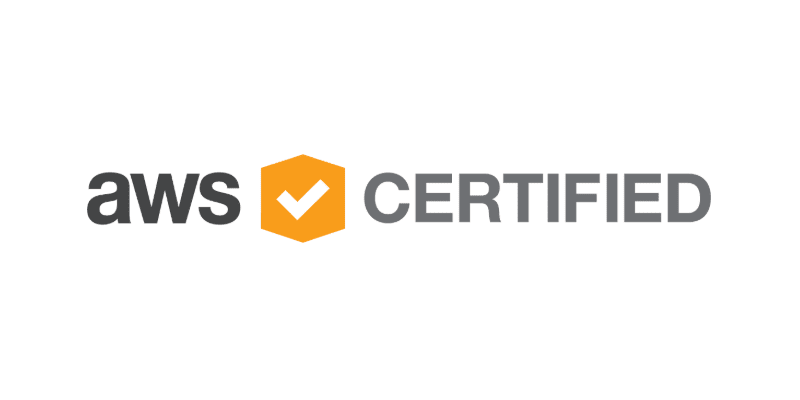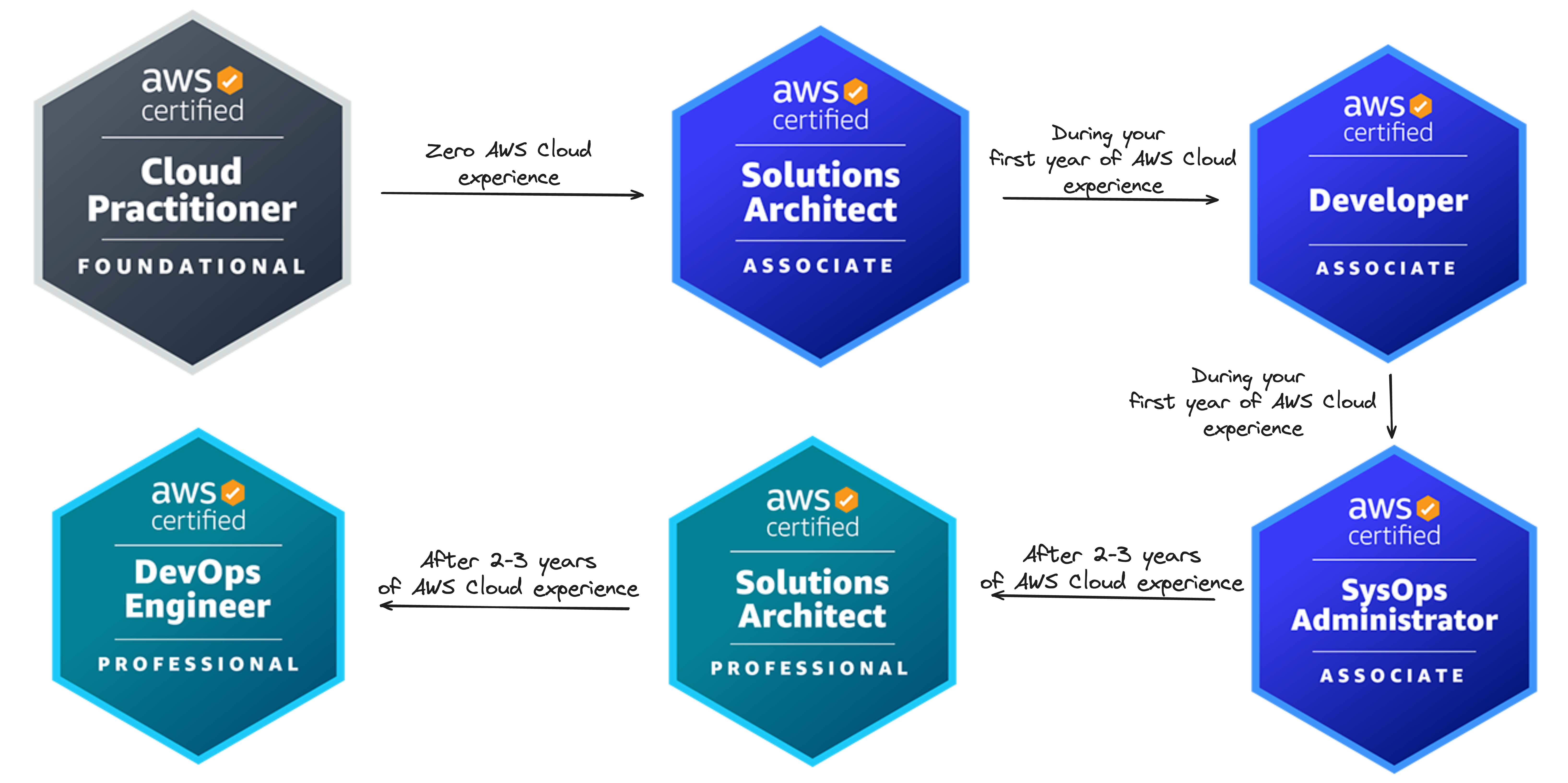How I Passed The AWS DevOps Professional Certification Without Preparation
 Faith Tosin Olapade
Faith Tosin Olapade
The importance of cloud certifications has always been debated. On one side we have folks who don't see the value in sitting for multiple-choice exams, answering questions about cloud services they might never use. On the other hand are certified cloud engineers who have amassed multiple certifications, like military generals decorated with medals.

After acquiring 6 AWS, 2 GCP, 2 Kubernetes certifications, and over five years of Cloud experience. If not abused, I can confirm that Cloud certifications are a perfect way to validate your Cloud computing knowledge and expertise, and they can significantly enhance your marketability in today's competitive job market. A combination of hands-on practice and well-paced Cloud certification will yield massive dividends.
How did I take the AWS DevOps Professional certification without Preparation?
The short answer is that I booked the exam, got extremely busy, and then had to rely on my experience to get through the already-scheduled exam. It was a long and brutal 3hrs for 75 questions.
In retrospect, I started preparing for the AWS DevOps Professional certification in 2019 when I took my first AWS certification, The AWS Cloud Practitioner, preparing and acquiring the three associate and AWS Solutions Architect Professional certifications. All these, combined with working with AWS Cloud for the past five years and gaining extensive knowledge of the AWS ecosystem, eventually paid off.
How to become an AWS Certified Professional: A multi-year plan
Cloud certifications were structured to be a marathon and not a sprint like most folks turn it to be. AWS describes who should take each exam on each certification page. If done right, certifications become easier as you gain experience. Below, I have paced out which certification to take at each stage of your cloud career as a Cloud/DevOps engineer.
Starting with no Cloud experience.
AWS Certified Cloud Practitioner: Requires no experience with the AWS Cloud. It serves as an introduction and a way to feel the waters.
AWS Solutions Architect Associate: Take this certification after you pass the AWS Certified Cloud Practitioner. It goes deeper with various AWS services and provides a solid base you can build on. You must practice, practice, and practice while studying and after passing the certification. This is also the stage where you learn other tools like Cloudformation and Terraform to provision the cloud resources you're learning.
After Your First Job/internship
You don't want to acquire 300 Cloud certifications before your first Cloud job; that's a big red flag. I've seen this go against candidates multiple times. Take the following certifications only after you start working with AWS services. Hands-on experience makes the exams easier while helping to persist the concepts you learn.
AWS Developer Associate: This certification builds on the AWS Solutions Architect Associate, strongly focusing on developer tools.
AWS SysOps Administrator: This also builds on the AWS Solutions Architect Associate, strongly focusing on monitoring, logging, and the overall operational side of the cloud.
Three years after your AWS Associate certifications (Going Pro)
AWS Professional certifications are intended for individuals with two or more years of experience architecting, provisioning, operating, and managing AWS environments
The validity of AWS certifications is three years. At this point, your AWS Solutions Architect Associate is about to expire, and you now have over three years of cloud experience. Assuming you were really dedicated and gained enough building experience in those three years, you should be almost prepared for the next certification.
AWS Solutions Architect Professional: This is not an easy one, but easy for you since you've spent considerable time in the AWS ecosystem. Passing the AWS Solutions Architect Professional will also RENEW your almost expired AWS Solutions Architect Associate certification.
AWS DevOps Professional: At this stage, you'll be familiar with more than 90% of the AWS services covered in the exam. Passing the AWS DevOps Professional will RENEW both your AWS Developer Associate and AWS SysOps Administrator certifications.

AWS Specialty certifications are also beautiful side quests worth taking, depending on your overall interest.
How to prepare for AWS certifications
The best courses, in no particular order, are from Adrian Cantrill and Stephane Maarek. Adrian Cantril covers the basics and how the concept applies in the cloud, while Stephane Maareke focuses on AWS with excellent hands-on coverage.
Practice exams from Jon Bonso do well to simulate the exam while providing detailed explanations for each question. The review mode is a blessing.
If done right, the most challenging certification should be the AWS Solutions Architect Associate since it's the point where you have the least experience. Certifications are not a replacement for Hands-on labs and real-world experience; they are an addition to your arsenal. Every certification provides you with new knowledge of new AWS services and AWS best practices, making you a better Cloud engineer while simultaneously attracting new opportunities where you can display your knowledge bank.
There are Multiple routes to a successful Certified Cloud career, and this is just one of the many ways.
Subscribe to my newsletter
Read articles from Faith Tosin Olapade directly inside your inbox. Subscribe to the newsletter, and don't miss out.
Written by

Faith Tosin Olapade
Faith Tosin Olapade
Sharing Cloud, DevOps, Linux, Networking, and Python knowledge.